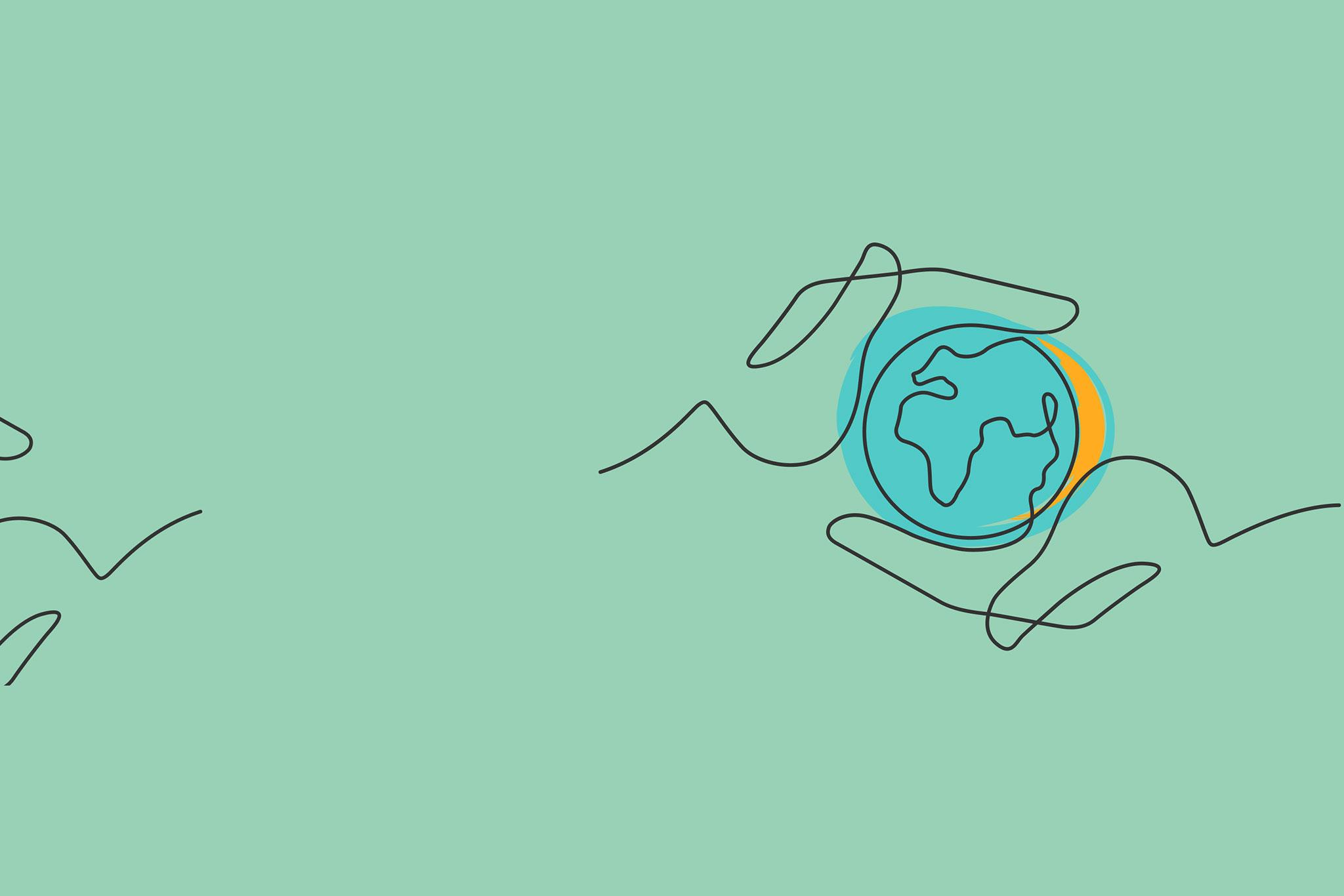
Social Change Courses @ Northeastern
Northeastern is a leader in experiential teaching, scholarship and activism that advance the solving of real-world problems. The following is a list of Spring 2023 courses that address social change and social justice.
For information about course requirements, please contact the college. Click on “filter” to sort by college or topic. For more about institutes and centers that address public problem solving, click here. To register for one of these courses, please visit the Northeastern Student Hub.
SOCIAL CHANGE COurses @ NORTHEASTERN
The following is a partial list that will be regularly updated. Notice something missing? Let us know at [email protected]
Courses
Courses: Social Change @ Northeastern
-
Documenting Fieldwork Narratives: Participatory Oral History, Community Ethnography, and Archival Practices
Course Number: INSH 5602
Department: Interdisciplinary Studies in Social Sciences and Humanities (INSH)
Examines the ethics, politics, and social aspects of three primary areas of interdisciplinary research and knowledge production at the intersection of the social sciences and humanities: oral history, ethnography, and archiving. Offers students an opportunity to learn to conduct oral history, ethnography, and archiving; gain experience collecting and formatting information collected through these qualitative techniques; and be introduced to digital platforms for oral history, ethnography, and archiving. Offers instruction in critiquing examples of how researchers collect and analyze qualitative information. Studies the critical thinking skills necessary to build a research project from the formulation of a research idea through the research design planning process.
-
Economics of Tech Innovation
Course Number: CED 6983
Department: Commerce and Economic Development – CPS (CED)
Covers special topics within the realm of Commerce and Economic Development.
-
Education in the Community
Course Number: EDUC 1111
Department: Education (EDUC)
Considers the unique contributions of community, family, and public schools to education in the United States today. Uses classroom and field-based activities to provide historical and social contexts of public education. Encourages students to reflect on their own prior education, to learn from persons active in the education community, and to consider their future roles as educators.
-
Employment Law: Job Security & Rights
Course Number: LAW7539
Department: Law (LAW)
This course surveys legal and policy issues concerning job security, focusing primarily on law governing the termination of private sector employment. Students develop an understanding of the history and scope of the underlying employment-at-will doctrine and the primary ways in which the at-will doctrine has been modified through common law and statute.
-
Enabling Engineering
Course Number: EECE 2750
Department: Electrical and Computer Engineering (EECE)
Offers students an opportunity to develop a proposal for a design project that uses engineering technologies to improve the lives of individuals with cognitive or physical disabilities. Offers student project groups an opportunity to work with end users and caregivers at local nursing homes and special education schools to assess a specific need, research potential solutions, and develop a detailed proposal for a project. Project groups are matched with product design mentors who guide groups through the design process. Lectures cover relevant topics, including surveys of specific physical and cognitive disabilities and applicable engineering technologies. The same project may not be used to satisfy both this course and EECE 4790. May be repeated once.
-
Engaging Difference and Diversity
Course Number: SOC 1220
Department: Sociology – CPS (SOC)
Introduces the issue of diversity in the United States and across the globe. All humans share the same basic capacity for thinking, feeling, and social and moral reasoning. This general capacity takes specific cultural shape as each group adapts to different environments and historical situations and over time constructs a cultural tradition. Offers students an opportunity to articulate this knowledge intellectually and to apply it to everyday living and practices.